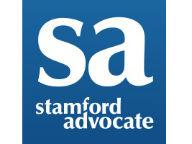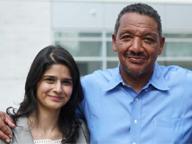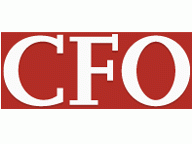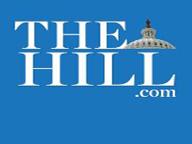Research Center Events
—
Journalist & Author Jane Mayer Discusses Political Influence of Billionaires at 12th Annual Haitkin Lecture
—

Jane Mayer, investigative journalist and author of Dark Money: The Hidden History of the Billionaires, delivered the 12th annual Haitkin Lecture, hosted by NYU Stern’s Business & Society Program.
Research Center Events
—

Jane Mayer, investigative journalist and author of Dark Money: The Hidden History of the Billionaires, delivered the 12th annual Haitkin Lecture, hosted by NYU Stern’s Business & Society Program.
























